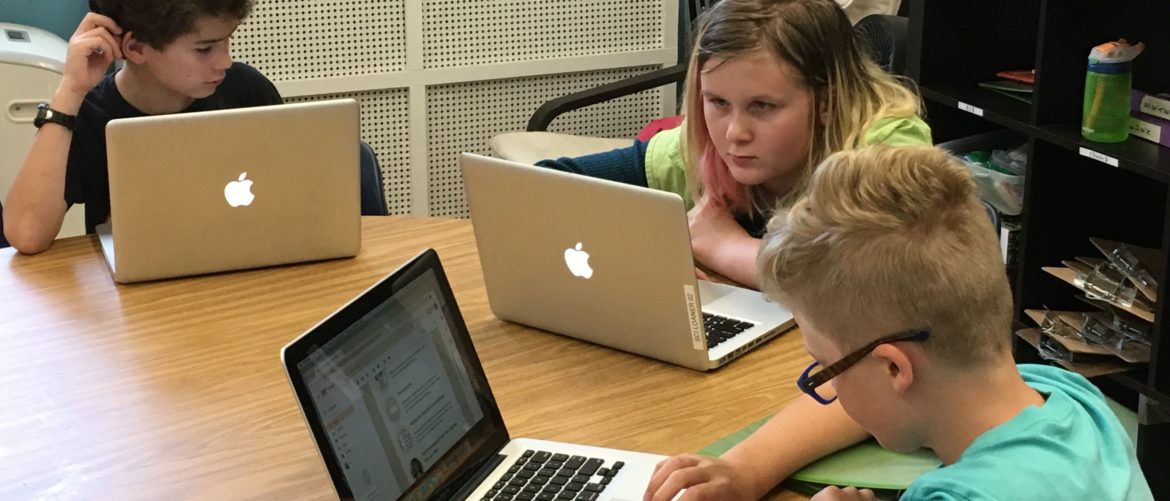As a teacher of adolescents, one of the most important subjects I teach is not often considered a “subject” at all. I teach executive functioning skills. Adolescents and teens are often typecast into the role of rebels, complainers, challengers of authority, and hard to satisfy. These behaviors are normal and are often demonstrating that the child is drawing new boundaries between themselves and their parents and signaling the adults in their lives that they think that they are ready to take on challenges alone. So how do we promote independence for adolescents when they want it but they don’t have the skills to be successful at it? We teach executive functioning skills.
What is executive functioning? According to Harvard University’s Center on the Developing Child, executive functioning includes 3 types of brain function: working memory, mental flexibility, and self-control. “Just as an air traffic control system at a busy airport safely manages the arrivals and departures of many aircraft on multiple runways, the brain needs this skill set to filter distractions, prioritize tasks, set and achieve goals, and control impulses.” These brain functions are essential to success as an independent adolescent and later, as an adult.
As teachers, we explicitly teach a skill, then give the students time to try it out. If that’s not working, we teach a different strategy and then give them a chance to try again. Wash, rinse, repeat… until something sticks. This not unlike traditional academics, but building executive functioning habits for life may take far longer than learning how to multiply. For example, something my middle school students have diligently been working on throughout the first trimester is time management. In math class, it may be easiest to tell students, “Right now it’s 10:10. You will work on this problem set until 10:30 when we’ll transition to science.” But does life actually work into neat, pre-determined, designated time slots? Not typically. Does each student require precisely the 20 minutes allotted for the problem set? Often, no. Instead, we give students varying deadlines and time to work on a few different things, while they determine which assignment needs their attention now, while also balancing their desire to work on certain assignments. Sometimes this might not pan out perfectly and may result in a lot of homework one evening, but this is all a part of the learning process.
Some of my students won’t graduate high school until 2025, or college until 2030, but how can we start laying the groundwork now? In the case of time management, we utilize planners, schedules, and timers in our classroom. Many of us adults may not remember being explicitly taught how to utilize some of these tools, but someone taught us at some point! Part of CFS’s mission is to “develop the academic skills and strong character that K-8 students need to grow into purposeful lives.” Teaching executive functioning skills is just one way that we do that.


Alyssa Clemens
Is our middle school humanities specialist. Born and raised in the western suburbs, Alyssa moved to Chicago to acquire her BS in Elementary Education at DePaul University. She pursued a Spanish language minor with a degree focus on adolescence and social sciences. Alyssa has taught many variations of grades 4-8 at both charter and Chicago Public school settings. Additionally, she has also worked for and volunteered at organizations such as Girl Scouts of America, Tutoring Chicago, and YMCA.
In her free time, Alyssa enjoys playing soccer, staying active, reading, traveling, and cooking with her fiancé.